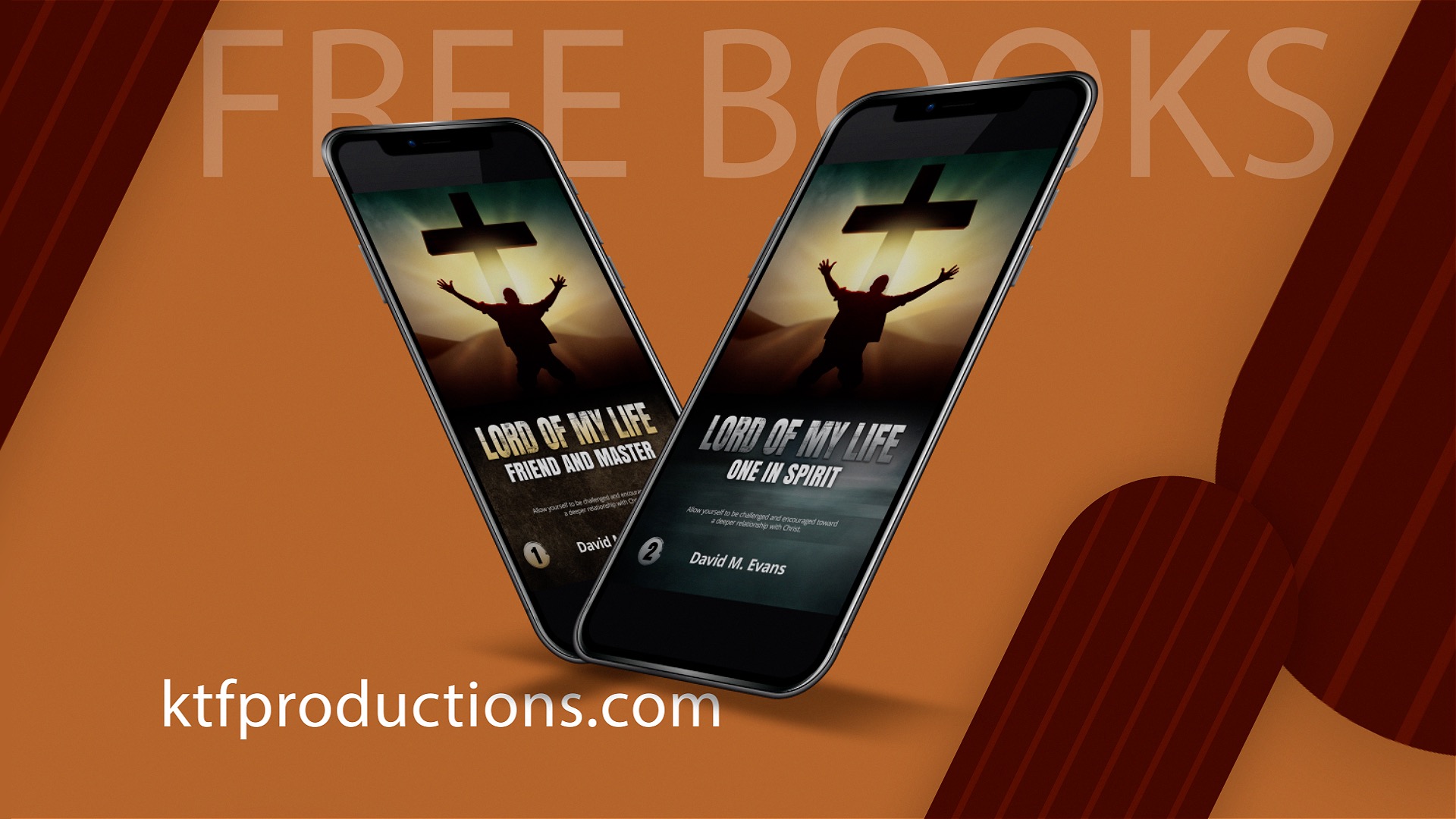As humans, it can be so easy to judge what others are doing wrong, whether it is sinning or just making bad decisions. We can gossip about them all day long and generate scenarios of what they should do in order to correct their mistake, convincing ourselves that we could never end up in their predicament. As we look on from our high perch, we may feel that somehow, we have a better vantage point in how to view their problem than they do. And as a result, we might feel qualified to give advice on how they could correct their issues or avoid their sin. Self-righteousness is a human shortcoming that, at some point, will affect us all. But things get a bit more difficult when we turn the magnifying glass on ourselves and examine our own failings. Jesus reminds us in Matthew 7:3-5:
“Why do you look at the speck of sawdust in your brother’s eye and pay no attention to the plank in your own eye? How can you say to your brother, ‘Let me take the speck out of your eye,’ when all the time there is a plank in your own eye? You hypocrite, first take the plank out of your own eye, and then you will see clearly to remove the speck from your brother’s eye.”
Jesus warns us about judging others, and here, he gives us a lesson in self-righteousness. If you find yourself perched on your high branch, surveying the faults and sins of others, I encourage you to remember this portion of scripture. Jesus doesn’t say that we shouldn’t help remove the speck from our brother’s eye, but far too often, we pretend that there isn’t a plank in our own. And until we remove the plank from our own eye, and get our house in order so to speak, we’re really not in the position to remove the speck from our brother’s eye. So, I encourage you to really examine the words Jesus speaks here, and see if you have, or are currently falling into this trap of hypocrisy.
---
It is human nature to have an opinion about how others are running their lives. It is a sinful and fleshly reaction. But even if we internalize our thoughts and feelings, often times we feel that we are somehow entitled to judge others. I challenge you not to fall into this trap. Jesus tells us to consider our own sins, and shortcomings, with honest spiritual eyes before we consider judging someone else. This scripture reminds me of the account of the woman caught in the act of adultery. Jesus tells the villagers that the one who is without sin should cast the first stone. Knowing that we all have sinned, and have the propensity to sin again, we should guard ourselves from being one with a stone in our hand. Because until we are free from our own plank, we aren’t qualified, or as Jesus puts it, we can’t see clearly to remove the speck from our brother’s eye.



